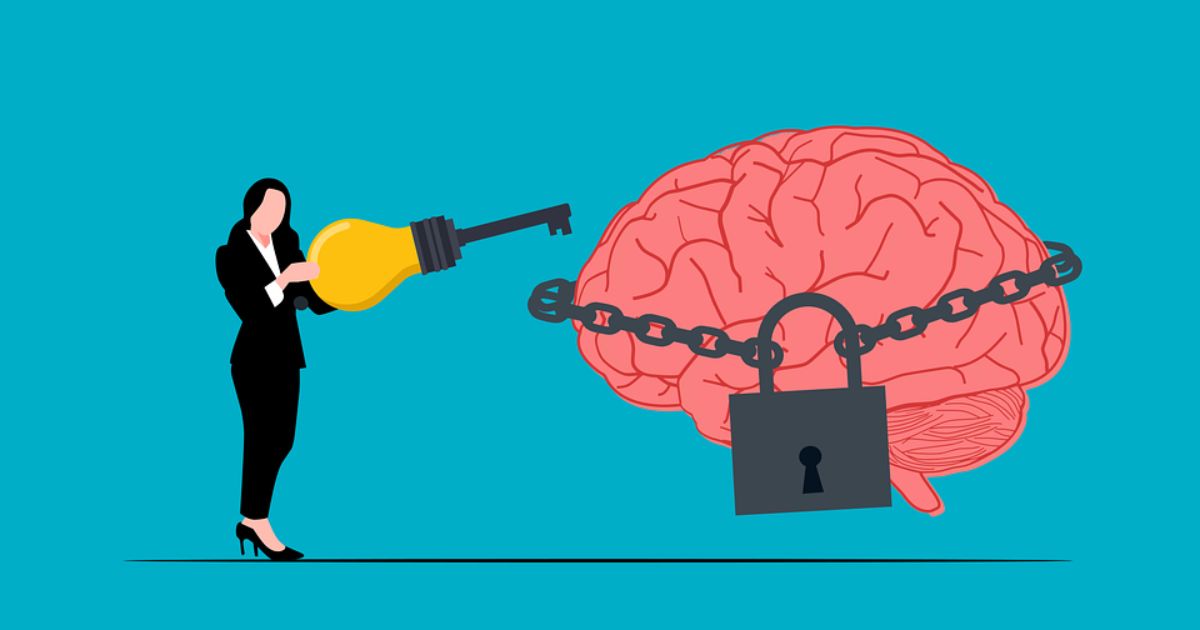In the ongoing battle against the adolescent mental health crisis sweeping the nation, a promising and innovative solution has emerged on the horizon. Youth Peer Mentoring (YPM), a groundbreaking approach, is gaining momentum as a transformative force in providing much-needed support and assistance to struggling adolescents.
The mental health challenges facing adolescents have reached alarming levels in recent years. Factors such as academic pressure, social media, and the lingering effects of the COVID-19 pandemic have intensified the emotional struggles many young people face. According to national surveys, rates of anxiety and depression among adolescents have surged, creating an urgent need for effective interventions.
A Beacon of Hope: Youth Peer Mentoring
Enter Youth Peer Mentoring, a novel approach that leverages the power of peer connections to provide support and guidance to young individuals facing mental health challenges. This approach recognizes that adolescents often feel more comfortable confiding in peers who can relate to their experiences.
In YPM programs, trained peer mentors, often only slightly older than the mentees, offer a sympathetic ear and a source of encouragement. They act as role models and sources of inspiration, sharing their own experiences with mental health challenges and the coping strategies that have helped them. By doing so, they create a safe and empathetic space for mentees to open up about their struggles.
One of the primary benefits of YPM is its ability to reduce the stigma surrounding mental health issues. By fostering open and non-judgmental conversations, YPM programs help adolescents feel more comfortable discussing their mental health challenges and seeking assistance. This early intervention can be critical in preventing more severe mental health issues from developing.
Moreover, YPM provides a sense of belonging and connection for adolescents who may feel isolated in their struggles. Peer mentors often become a consistent and trusted source of support, helping mentees develop coping skills, resilience, and a more positive outlook on life.
Numerous success stories illustrate the transformative impact of YPM on the lives of adolescents. In one instance, a mentee named Sarah shared her experience: “I didn’t think anyone would understand what I was going through until I met my peer mentor. She helped me realize I wasn’t alone, and that it’s okay to ask for help.”
In another heartwarming example, a peer mentor named Alex described their journey: “I’ve seen mentees go from feeling hopeless to empowered. It’s incredibly rewarding to know that I’ve made a positive impact on their lives.”
Recognizing the potential of YPM, schools, community organizations, and mental health advocates are working together to expand access to YPM programs. They are calling for increased funding and resources to train and support peer mentors, ensuring that more adolescents can benefit from this innovative approach.
While YPM offers a promising solution, it is not without its challenges. Training peer mentors and providing them with the necessary tools to support mentees effectively requires investment. Moreover, ensuring that YPM programs maintain confidentiality and adhere to ethical guidelines is essential to their success.
As the adolescent mental health crisis continues to escalate, Youth Peer Mentoring stands as a beacon of hope. Its capacity to reduce stigma, offer support, and empower adolescents is invaluable. Communities, educational institutions, and policymakers are urged to recognize the potential of YPM and invest in its expansion.
In the battle against the adolescent mental health crisis, YPM has emerged as an innovative and transformative solution. By harnessing the power of peer support and empathy, YPM offers hope and healing to countless adolescents struggling with their mental well-being.
The time is now to embrace this groundbreaking approach and work together to provide the support and resources needed to ensure the well-being of our youth.



